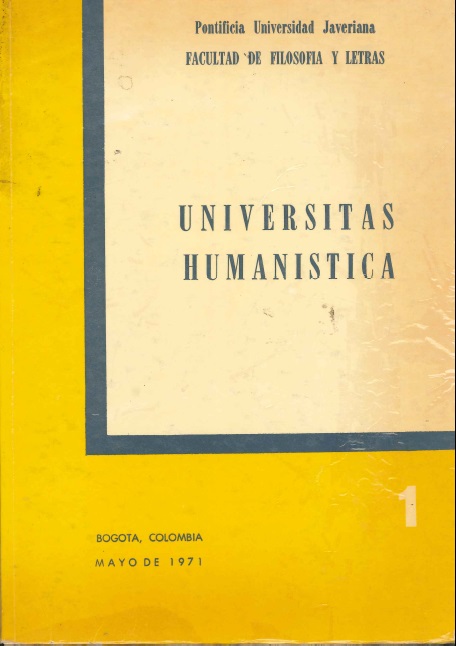Resumen
A pesar de que, según Kroeber, la antropología americana ha sido fundamentalmente de "tendencia antihistórica", es precisamente en los Estados Unidos donde se crea la expresión etno-historia, nombre con que se venía a designar todos los intentos de reconstrucción de la historia de los pueblos indios. En sus comienzos fue, por lo tanto, un brazo de la etnología que buscaba rescatar la "historia" de muchos pueblos que se suponían sin ella.
Hoy, en esta nueva disciplina científica, ya definida de otra manera, vienen a converger un gran número de posiciones de la etnología y de la historia. En especial se trata de una nueva perspectiva epistemológica sobre la metodología y los objetivos de ambas ciencias. Lo mejor de estas perspectivas se halla condensado en el estructuralismo, el marxismo y la escuela francesa heredera de los Amales. Son ellos, sin duda alguna, y a pesar de sus divergencias y gracias a sus puntos comunes, quienes nos permiten hoy hablar con seriedad de etno-historia.

La revista Universitas Humanística se encuentra registrada bajo la licencia Creative Commons Reconocimiento 4.0 Internacional. Por lo tanto, esta obra se puede reproducir, distribuir y comunicar públicamente en formato digital, siempre que se reconozca el nombre de los autores y a la Pontificia Universidad Javeriana. Se permite citar, adaptar, transformar, autoarchivar, republicar y crear a partir del material, para cualquier finalidad (incluso comercial), siempre que se reconozca adecuadamente la autoría, se proporcione un enlace a la obra original y se indique si se han realizado cambios. La Pontificia Universidad Javeriana no retiene los derechos sobre las obras publicadas y los contenidos son responsabilidad exclusiva de los autores, quienes conservan sus derechos morales, intelectuales, de privacidad y publicidad.
El aval sobre la intervención de la obra (revisión, corrección de estilo, traducción, diagramación) y su posterior divulgación se otorga mediante una licencia de uso y no a través de una cesión de derechos, lo que representa que la revista y la Pontificia Universidad Javeriana se eximen de cualquier responsabilidad que se pueda derivar de una mala práctica ética por parte de los autores. En consecuencia de la protección brindada por la licencia de uso, la revista no se encuentra en la obligación de publicar retractaciones o modificar la información ya publicada, a no ser que la errata surja del proceso de gestión editorial. La publicación de contenidos en esta revista no representa regalías para los contribuyentes.


